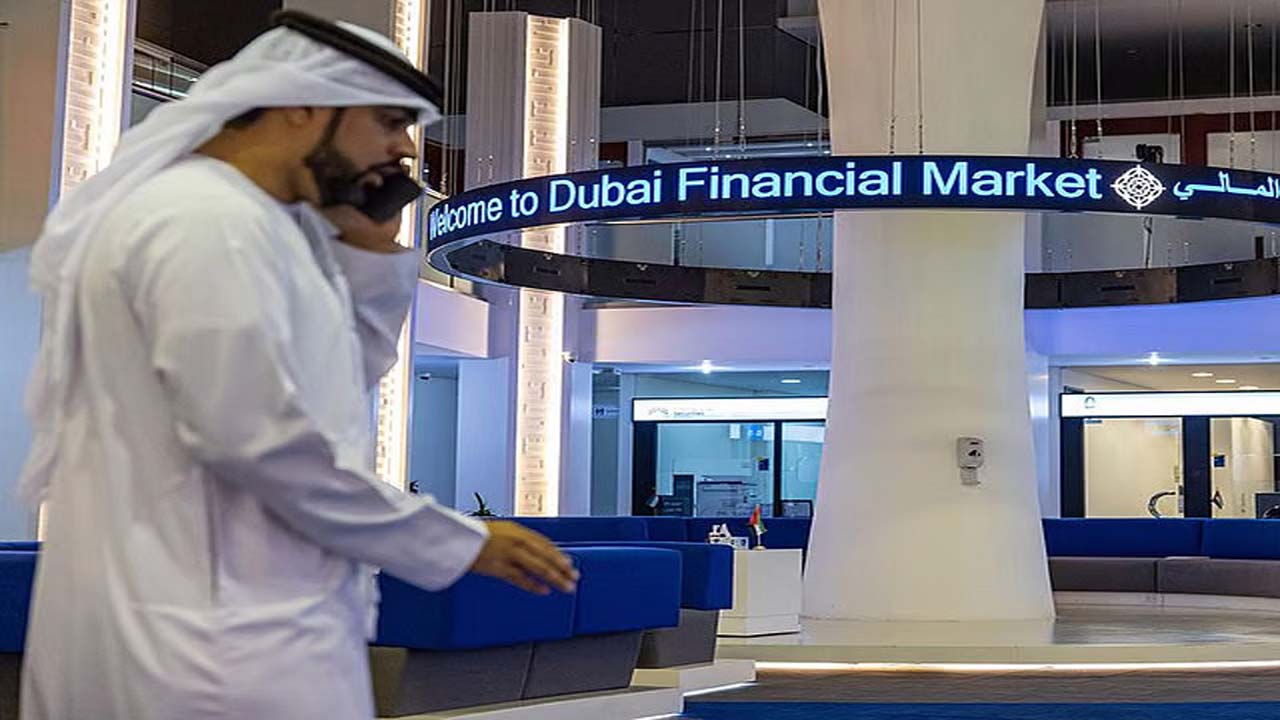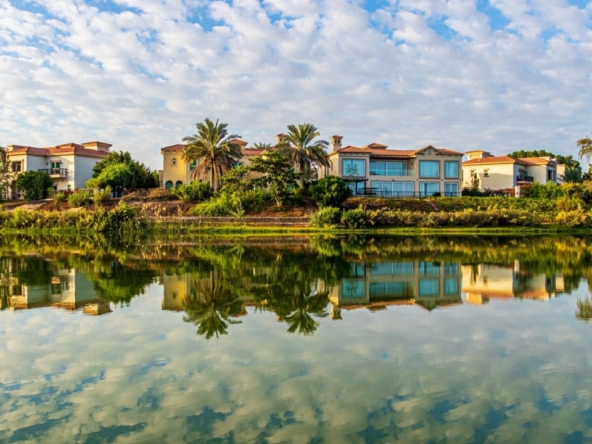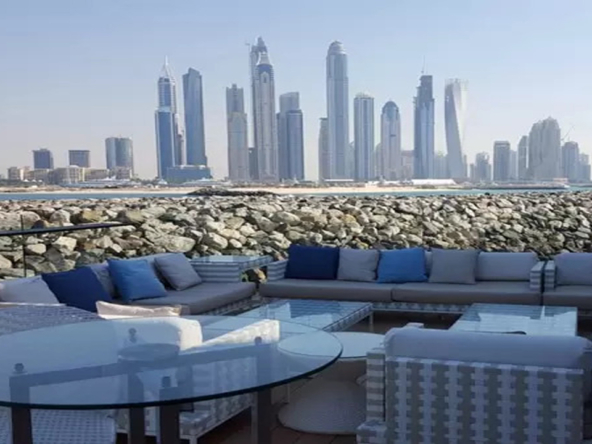After an exceptional 2024 where the Dubai Financial Market (DFM) surged over 27%, the momentum has continued into 2025 with gains of another 18% — outpacing major global indices and outperforming even large emerging markets such as India and Brazil, as well as the S&P 500.
Unlike U.S. markets, which are often criticized for lacking market breadth, the DFM’s rally has been broad-based. The spotlight has certainly been on high-profile IPOs like Salik and Parkin, which continue to deliver strong post-listing performance. However, gains haven’t been limited to IPOs. Robust returns have also come from sectors such as financials and telecommunications, along with impressive turnarounds from companies like Amlak and Union Properties (UPP) — both of which have nearly doubled in value this year.
Despite this performance, a curious sentiment persists: capital markets in the UAE are still perceived as less appealing than real estate. This perception endures even though data shows that, historically, UAE stocks have outperformed property investments over the long term. Real estate, meanwhile, continues to experience a frenzied pace of launches — nearly one every 12 hours — supported by post-handover payment plans and promised returns, features that continue to attract retail investors.
Understanding the Bias Toward Real Estate
This preference isn’t unique to the UAE. Across global markets, investors generally find real estate more tangible and easier to understand than equity markets. The rise of property flipping, fractional ownership, and tokenization has only added to the allure of real estate — often at the expense of stock market participation.
Even more telling is the tendency of investors to favor international equities over domestic ones. The average investor is more familiar with global giants like Apple, Amazon, or Nvidia than with local champions such as DEWA, Emirates NBD, or Emaar. Meanwhile, a growing subset is choosing to participate in cryptocurrencies, further diverting capital away from local equities.
This raises an important question: If real estate in the UAE is seen as undervalued compared to the West, why doesn’t the same logic apply to its capital markets? Despite favorable valuations, many investors remain indifferent toward UAE-listed stocks.
The Value of Valuations
This disconnect may stem from a broader lack of understanding about the importance of valuations — a key metric in investment decision-making. For long-term, value-driven investors, this immaturity in the market is actually an advantage. It allows more discerning participants to identify and capitalize on mispriced opportunities.
On the flip side, this lack of engagement with fundamentals increases the risk of costly investment errors. When investors ignore valuation metrics, they are more likely to chase hype and overpay — in either market.
Real Estate vs. Equities: A False Binary
While Western equity markets have recently rebounded to all-time highs, real estate in those regions continues to struggle. The return of tariffs, a weaker dollar, and creeping inflation have shifted investor attention to cash flow–generating assets.
In this context, UAE-based companies such as DEWA, Tabreed, and Empower are well-positioned. With soaring demand for electricity, infrastructure, and data center capacity, these firms stand to benefit — even as skepticism grows around the inflated valuations of many AI-driven tech companies that rely on their services.
Bottom Line: Focus on Intrinsic Value
Ultimately, the debate between investing in real estate vs. capital markets — or choosing domestic vs. international assets — misses the bigger picture. The most important factor is intrinsic value: the ability of an asset to generate sustainable cash flows that exceed the required rate of return over the long term.
No one is suggesting that the UAE stock market will continue to deliver double-digit gains indefinitely. However, the case for selective outperformance remains strong, particularly in sectors and companies backed by solid fundamentals and long-term demand drivers.




